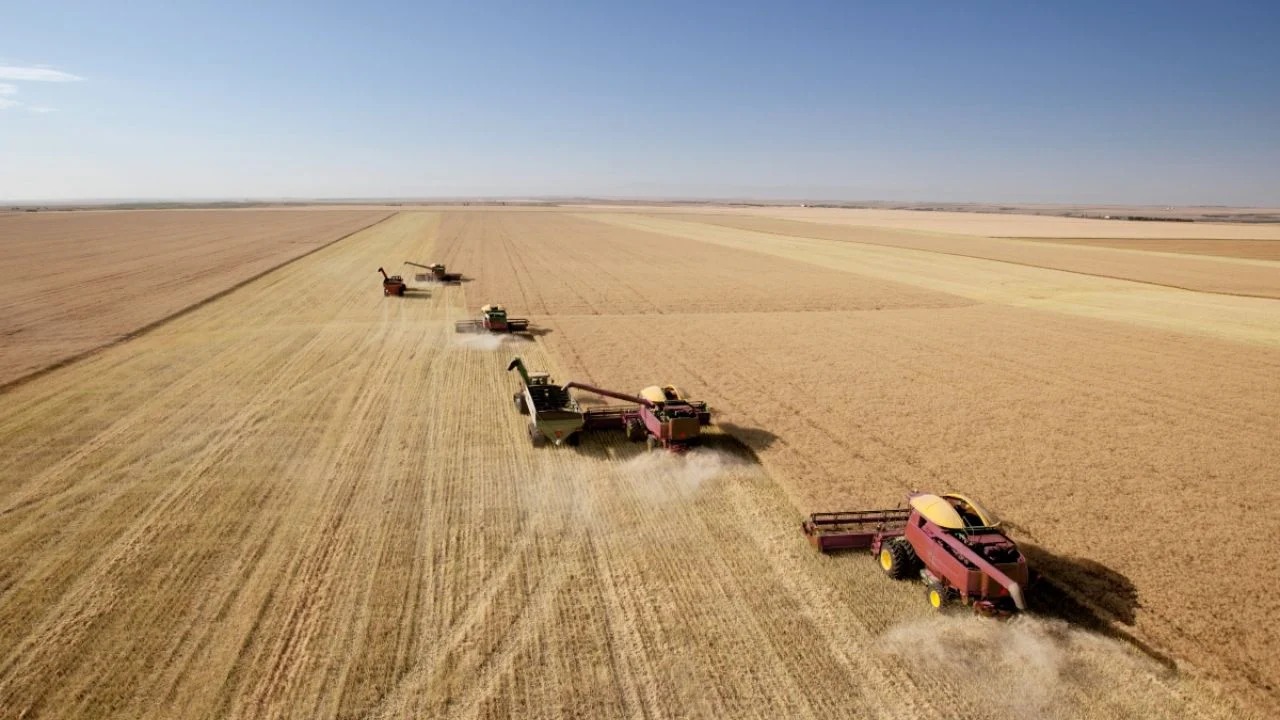Home>Finance>Compliance Registered Options Principal (CROP) Definition


Finance
Compliance Registered Options Principal (CROP) Definition
Published: October 31, 2023
Looking to understand the role of a Compliance Registered Options Principal (CROP) in finance? Find a clear definition and explanation here.
(Many of the links in this article redirect to a specific reviewed product. Your purchase of these products through affiliate links helps to generate commission for LiveWell, at no extra cost. Learn more)
Understanding Compliance Registered Options Principal (CROP) Definition
Finance is a vast and dynamic field, encompassing various aspects of managing and utilizing money effectively. One critical area within the finance industry is options trading, which involves the buying and selling of financial contracts called options. To ensure compliance and ethical practices in this realm, there is a role known as the Compliance Registered Options Principal (CROP). In this blog post, we will delve into the CROP definition, responsibilities, qualifications, and why it is crucial for any business involved in options trading.
Key Takeaways:
- CROPs are registered officials responsible for ensuring that options trading activities comply with legal and regulatory requirements.
- They possess comprehensive knowledge of the options market, rules, and regulations to maintain fair and transparent practices.
What is a Compliance Registered Options Principal (CROP)?
A Compliance Registered Options Principal (CROP) plays a crucial role in the financial industry, particularly in the options trading sector. The main responsibility of a CROP is to oversee and ensure compliance with all relevant laws, regulations, and internal policies related to options trading. By monitoring these activities, they help maintain fair dealings and protect investors from potential fraud or misconduct.
CROPs act as the gatekeepers of ethical options trading practices. They ensure that the procedures and operations of brokerage firms, exchanges, and individuals involved in options trading adhere to industry standards and regulatory guidelines. By doing so, they contribute to maintaining transparency, fairness, and confidence in the options market.
What are the Responsibilities of a CROP?
The responsibilities of a Compliance Registered Options Principal can vary from one organization to another, but they generally include:
- Ensuring regulatory compliance: CROPs monitor and ensure compliance with laws and regulations set by regulatory bodies such as the Securities and Exchange Commission (SEC) and the Financial Industry Regulatory Authority (FINRA).
- Developing and implementing policies: CROPs create and implement appropriate policies and procedures that align with regulatory requirements and industry best practices.
- Training and education: CROPs educate employees and individuals involved in options trading about compliance regulations, internal policies, and ethical business practices.
- Audits and risk assessments: CROPs conduct regular audits, risk assessments, and examinations to identify potential compliance issues and implement necessary corrective actions.
- Investigations and reporting: In cases of suspected misconduct or violations, CROPs conduct thorough investigations and prepare detailed reports for regulatory authorities.
- Maintaining records: CROPs ensure proper documentation and maintenance of records, transactions, and reporting related to options trading activities for compliance and auditing purposes.
Qualifications and Skills of a CROP
To become a Compliance Registered Options Principal, individuals need to meet certain qualifications and possess specific skills:
- Extensive knowledge: CROPs must have a comprehensive understanding of options markets, trading strategies, regulations, and compliance requirements.
- Regulatory expertise: They should have in-depth knowledge of regulatory frameworks, rules, and guidelines set by organizations such as the SEC and FINRA.
- Strong analytical skills: CROPs need to analyze complex data, spot patterns, and identify potential compliance risks and issues.
- Attention to detail: Given the meticulous nature of compliance work, CROPs must pay strong attention to detail to ensure accurate recordkeeping and reporting.
- Excellent communication: Effective communication is essential for CROPs to educate employees, conduct investigations, and liaise with regulatory authorities.
- Ethical mindset: CROPs should uphold high ethical standards and promote fair practices in options trading.
In Conclusion
In the world of finance, the Compliance Registered Options Principal (CROP) plays a vital role in ensuring compliance, transparency, and fair practices in options trading. With their expertise in regulatory compliance, policies, and procedures, CROPs contribute to maintaining the integrity of the options market. By understanding the responsibilities and qualifications of a CROP, businesses involved in options trading can better navigate the regulatory landscape and foster trust among investors.














